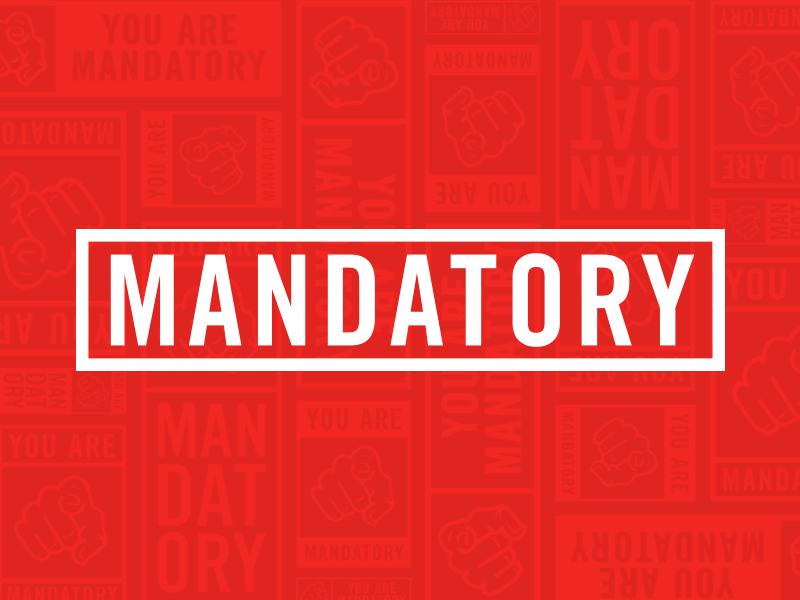Your opinion matters — you know that. But having your opinion matter more than someone else’s opinion? That’s the Holy Grail. Because you’re an expert at all things! And your voice should be heard the loudest! So whether posting to your online craft beer group, your go-to restaurant review site or brag-sharing travel pics, we’ve got a few tips to help your various online personas become KOM (“King of the Mountain”).

The first thing that’s taken into account by most online communities is a user’s history. How long have you been a member? Simply being a part of the movement from the beginning will earn you cred. So don’t be a late adopter — when a group of interest comes across your radar, sign up with a handle as you browse and get a feel of the place (you can always deactivate later). Start leaving a trail as you explore to prove you’re not a bot, and take an active part in ongoing discussions, even if it just means posting ‘Not my bag’ or ‘Undecided — hoppy, yes, but my favorite? Not so much’.

Once you’re established, it’s key to over-share. Think of every review or post as a multi-step process; say you’re on a review or opinion-sharing site. Each opinion should start with a check-in, and one that includes the other folks you’re with. It should also be supported with pictures (even grainy phone pics … which makes up the majority of review jpgs out there, after all). Include as much detail as possible — throw the first name of your mixologist, server or steward in there, the rough timeline of your service experience, and as much detail about the product sampled as possible. And if you find yourself reviewing the same product or service more than once, hyperlink to hell — that is, reference your previous experience(s) in future write-ups.

We’ve all got the over hashtagger in our feeds, and roll our eyes every time we see his posts — an otherwise innocuous selfie from an afternoon of paddle boarding will include more than a # for the sport and the location, but ridiculousness like #crushingit, #waterwatereverywhere, #weekendwarrior and a dozen more. Unfortunately, this fool’s actually sort of onto something. If you do a little research before posting to find hashtags that’re either trending or highly searched, you’ll increase your follower base by including them. Obviously don’t go down the paddle boarding route — stick to what’s in the news cycle, product names, service providers and anything you might include in a Google search if you were personally searching for info on your post.

Be ready to put a spin on your honest opinion, because what the general public thinks of it has an effect on your standing in the community. An obvious example is Facebook — the more people who like or comment on what you say, the bigger a boost you’ll get. On a site like Yelp, however, there’re a few more options — your two-cents can be up-voted as being ‘useful,’ ‘funny,’ or ‘cool.’ Welcome back to high school.

Finally, you can’t be a one-trick reviewer. If you really like and are really enthusiastic about everything, prepare to be dinged. Similarly, if you’re of the pessimistic, nothing’s-ever-good-enough variety, A) we don’t want to ever hang out with you and B) your reviews and posts won’t surface or be featured. Most online communities have a simple algorithm that determines the overly enthusiastic and negative alike, and penalizes them. So be honest, but be varied (if you’re flying, for example, the middle seat in the back of the plane sucks. Yes. But Carol, the peppy flight attendant based in Atlanta, is working like a dog to please a plane full of passengers — rate your seat as sucky but your service as smiley).




